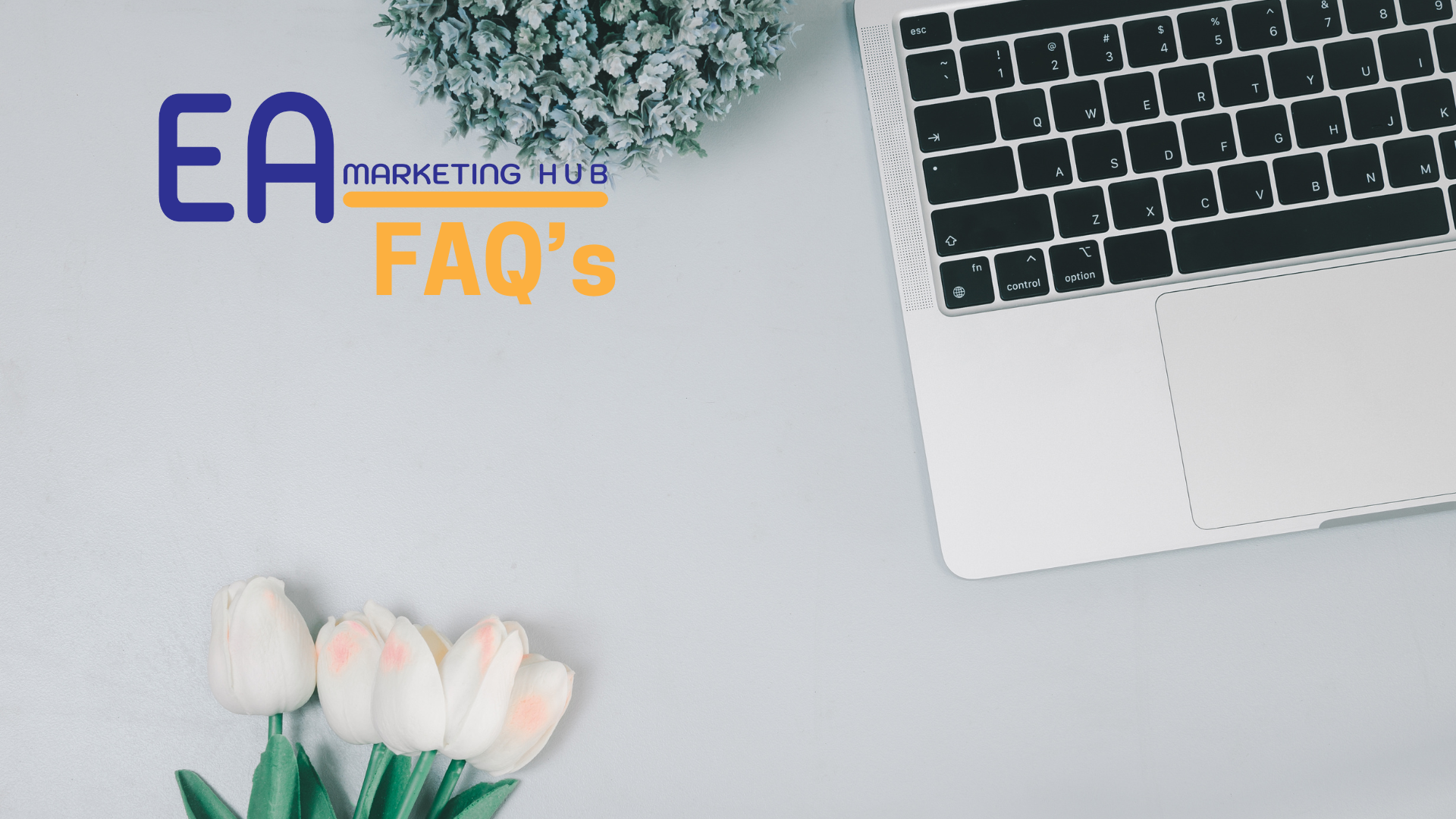Welcome to our Marketing FAQ page! We’ve compiled answers to some of the most common questions about marketing to help businesses like yours navigate the digital world.
General Marketing FAQs
What is digital marketing, and why is it important?
Digital marketing is the use of online strategies like SEO, social media, email marketing, and paid ads to promote a business. It’s essential because it helps businesses reach their target audience, increase brand awareness, and generate leads in a cost-effective way.
How can marketing help my business grow?
A strong marketing strategy drives traffic, builds brand credibility, engages customers, and increases sales. It helps businesses stay competitive by reaching the right audience at the right time with the right message.
What are the best marketing strategies for small businesses?
Some of the most effective marketing strategies for small businesses include SEO, content marketing, social media marketing, email campaigns, and local advertising. The right mix depends on your industry and goals.
What is the difference between branding and marketing?
Branding is about who you are—your business’s identity, mission, and values. Marketing is how you promote your brand to attract customers. Strong branding makes marketing more effective.
How long does it take to see results from marketing efforts?
It depends on the strategy. SEO and organic content marketing can take 3–6 months, while paid ads and social media promotions can generate leads almost instantly.
Social Media Marketing FAQs
Which social media platforms should my business be on?
It depends on your audience:
- Facebook & Instagram – Best for most businesses
- LinkedIn – Ideal for B2B and professional services
- TikTok & YouTube – Great for video content
- Pinterest – Best for creative industries like fashion, food, and design
How often should I post on social media?
A good rule of thumb is:
- Facebook & LinkedIn: 3–5 times per week
- Instagram & TikTok: Daily or every other day
- Twitter (X): 3–5 times per day
What type of content performs best on social media?
Engaging content like videos, reels, behind-the-scenes insights, user-generated content, and interactive polls tend to perform best.
How do I grow my social media following organically?
Consistency, engagement, and high-quality content are key. Use hashtags, interact with followers, post valuable content, and collaborate with influencers.
What are the best tools for managing social media marketing?
Popular tools include Buffer, Hootsuite, Sprout Social, Later, and Meta Business Suite for scheduling and analytics.
SEO & Website Marketing FAQs
What is SEO, and why does it matter?
SEO (Search Engine Optimization) helps websites rank higher on Google, leading to more traffic and customers. It involves optimizing content, using keywords, and improving website performance.
How do I get my website to rank higher on Google?
You need a mix of keyword optimization, content marketing, backlinks, mobile-friendly design, and fast-loading pages.
What is local SEO, and how does it work?
Local SEO helps businesses appear in local searches. Optimizing Google My Business, getting reviews, and using location-based keywords improve your local search rankings.
How can I improve my website’s conversion rate?
Ensure your site is user-friendly, has clear calls-to-action (CTAs), fast loading times, engaging visuals, and easy navigation.
What is the best way to get more website traffic?
A mix of SEO, blogging, paid ads, social media marketing, and email campaigns can drive more traffic to your site.
Email Marketing FAQs
Is email marketing still effective?
Yes! Email marketing is one of the highest ROI strategies, with an average return of $36 for every $1 spent.
How often should I send marketing emails?
It depends on your audience, but generally:
- Newsletters: Weekly or biweekly
- Promotions: 1-3 times per month
- Automated emails (welcome sequences, abandoned cart emails): As needed
What makes a good email marketing campaign?
A strong subject line, personalized content, engaging visuals, and a clear CTA improve email engagement.
How do I grow my email list?
Offer lead magnets (free guides, discounts, exclusive content), use pop-ups on your website, and promote sign-ups on social media.
What are the best email marketing tools?
Popular options include Mailchimp, ConvertKit, ActiveCampaign, and HubSpot.
Advertising & Paid Media FAQs
What is the difference between Google Ads and Facebook Ads?
Google Ads target users searching for products/services, while Facebook Ads focus on demographics and interests to display ads in their feeds.
How much should I budget for digital advertising?
It varies based on goals, industry, and competition, but starting with $500–$1,000/month for small businesses is common.
What is PPC, and how does it work?
PPC (Pay-Per-Click) means you pay when someone clicks your ad. Google Ads and Facebook Ads are popular PPC platforms.
Are Facebook and Instagram ads worth it?
Yes! With targeted audiences and lower costs per click (CPC) than Google, social media ads can drive high engagement.
How do I track the success of my paid ads?
Use Google Analytics, Facebook Ads Manager, and conversion tracking to measure ROI and optimize campaigns.
Content Marketing & Blogging FAQs
What is content marketing, and how does it work?
It’s the process of creating valuable content (blogs, videos, guides) to attract and engage your audience.
How often should I publish new content?
Ideally 2–4 blog posts per month to maintain SEO rankings and engagement.
What type of content generates the most leads?
Educational blogs, case studies, videos, and lead magnets (ebooks, checklists) perform well.
How do I write a blog post that ranks on Google?
Use keyword research, engaging headlines, internal linking, and high-quality content optimized for search.
Should I focus on video content for marketing?
Absolutely! Video is one of the highest-performing content types, especially short-form videos on Instagram Reels, TikTok, and YouTube Shorts.
Analytics & Measuring Success FAQs
How do I measure marketing ROI?
Track website traffic, conversion rates, lead generation, and revenue growth to gauge success.
What are the most important marketing KPIs?
- Website Traffic & Engagement
- Lead Conversion Rates
- Social Media Growth & Engagement
- Email Open & Click Rates
- ROI from Ads
What tools can I use to track my marketing performance?
Google Analytics, SEMrush, Ahrefs, HubSpot, and Facebook Insights are great tools.
How do I know if my marketing strategy is working?
If you see consistent traffic, lead conversions, and revenue growth, your marketing is on the right track.
What is A/B testing in marketing?
A/B testing compares two versions of content (emails, ads, landing pages) to see which performs better.

